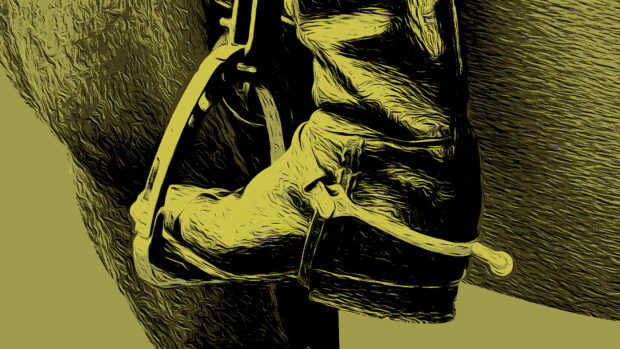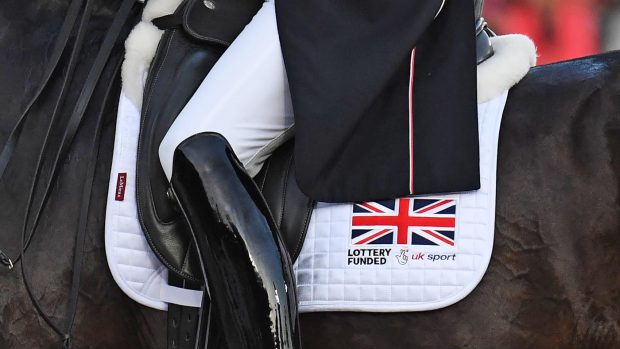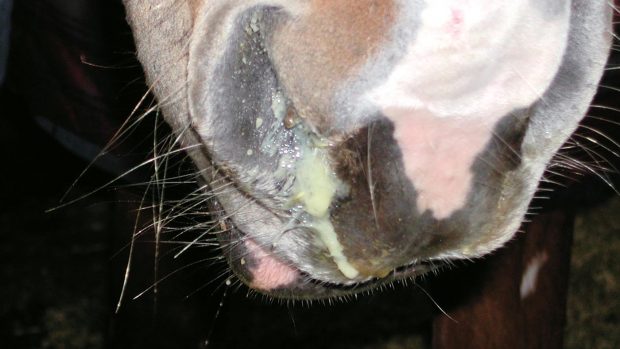Equestrians who have travelled horses abroad since Britain left the EU are being urged to share their experiences to help improve the situation.
The cost of travelling horses abroad by ferry has increased by around 318% since the end of the Brexit transition period (31 December).
H&H has reported extensively on the vast increase in costs and paperwork those involved in moving horses across borders now face, as well as associated welfare concerns as a result of extended journey times, the impact on buyers and sellers, plus extra red tape and costs for equestrian business and their customers.
British Equestrian (BEF) is gathering evidence to lobby Government on what needs to change and is asking people to contact them with details of their experiences, particularly at border control posts (BCPs).
The Government’s environment, food and rural affairs (EFRA) committee has also launched a call for evidence as part of an inquiry into moving animals across borders post-Brexit. The deadline for this is 17 March.
BEF interim chief executive Iain Graham said the federation is “acutely aware” of how the new requirements are affecting the equestrian community.
“Everyone did what was possible to prepare for the transition based on the information available but, until it’s put into practice, you don’t have a full picture,” he said.
“We’re now getting first-hand accounts of the issues and what barriers are in place, and we can bring about a greater focus in our activity.
“The equine industry is a major contributor to the UK economy, over £4bn, and we will do what’s possible to safeguard the livelihoods of those who contribute. Competitors, breeders, producers, show organisers and trade companies are all feeling the impact, and we will make our representation to Government to help find a way forward.
“We have to accept the legislation in place at present but, working with our stakeholders, we can find ways to improve, streamline and digitalise the processes involved.”
The BEF has been working with the British Horse Council at national Government level and the International Horse Sport Confederation to find ways to improve the situation. An independent equine sport and business working group has also been set up to represent riders, operators, producers, breeders and show organisers.
Areas the BEF has identified as “needing immediate review” are the export health certificates and the manual process of sending these to BCPs.
It is also pushing for improvements on waiting times at BCPs, which is a cause for equine welfare concern, and wants a telephone hotline established, with Defra’s assistance, so anyone having issues can seek instant help.
Contact the BEF by filling out the form at the bottom of its webpage and uploading to the relevant dropbox, and submit evidence to the EFRA enquiry by 17 March.
You might also be interested in:

Work ongoing to clarify post-Brexit horse movement *H&H Plus*

Northern Ireland post-Brexit ‘loophole’ sparks equine welfare concerns *H&H Plus*

Brexit import taxes hit UK horse buyers hard *H&H Plus*

Brexit headache for horse businesses but hope for better times ahead *H&H Plus*

Urgent questions over post-Brexit international horse transport *H&H Plus*
A Defra webinar on 4 November explained in detail the steps anyone taking horses from Britain to EU member states
Horse & Hound magazine, out every Thursday, is packed with all the latest news and reports, as well as interviews, specials, nostalgia, vet and training advice. Find how you can enjoy the magazine delivered to your door every week, plus options to upgrade to access our H&H Plus online service which brings you breaking news as it happens as well as other benefits.




